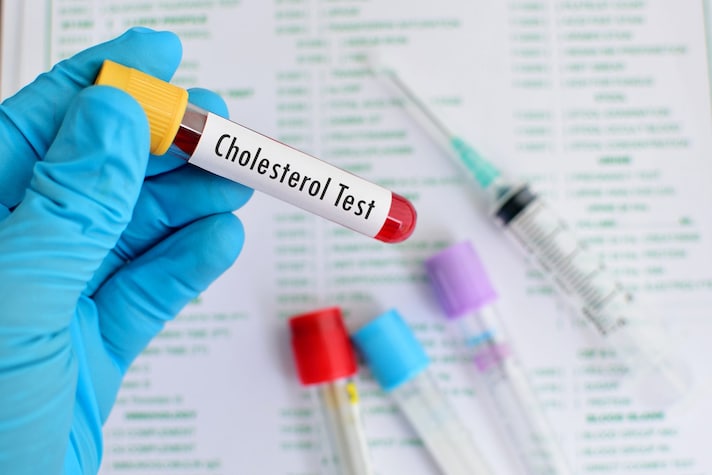9 Benefits of Kidney Beans
They get their name from their shape, and are a varietal of the common bean. They are popular in regions of India, and throughout Central America. They come in various types and colors, such as white kidney beans, red ones, and lightly speckled ones. There are also striped, mottled, cream, purple and even black varieties.
;Resize,width=742;)
If you thought that the humble kidney bean was just a tasty ingredient in chili, you’d better think again! They are densely packed with nutrients that benefit our health, are inexpensive and packed with fiber.
They get their name from their shape, and are a varietal of the common bean. They are popular in regions of India, and throughout Central America. They come in various types and colors, such as white kidney beans, red ones, and lightly speckled ones. There are also striped, mottled, cream, purple and even black varieties.
They contain a diverse range of nutrients such as folate, phosphorus, copper, protein, iron, magnesium, potassium, molybdenum and vitamin B1. One cup of these beans contains at least 20% of your daily requirements for these nutrients.
9 Benefits of Kidney Beans
Kidney beans help to detoxify the body, improve digestion, lower blood pressure, and lower cholesterol. They also increase muscle mass, boost circulation, help prevent diabetes, aid vision, support energy levels and strengthen cognitive health. Below are just a few of the ways kidney beans can help us:
1. Helps Diabetes: Because kidney beans are high in fiber, they are good for people who want to control their diabetes or lower their risk of getting it. Fibre helps to regulate the amount of blood sugar and insulin in the body.

2. Lowers Cholesterol: Kidney beans can help lower LDL cholesterol levels, and reduce the risk of coronary heart disease.

3. Folic Acid: One cup of kidney beans provides more than half of the recommended amount of folate in the body. Folic acid’s main benefit is that it helps to reduce the risk of neural tube defects in infants.

4. Muscle Building: If you want to bulk up your muscles, kidney beans are one of the best sources of plant protein to add to your diet. A single cup contains 15 grams of protein.

5. Immune System: Kidney beans aren’t the highest in vitamin C, but one cup does contain more than 10% of the daily recommendation for this vitamin. This helps stimulate the immune system and promote the production of white blood cells.

6. Eye Health: Kidney beans have a high level of beta-carotene, which breaks down into vitamin A. This vitamin targets oxidative stress in the retina.

7. Blood Pressure: These beans are full of potassium, which can boost heart health and relax the blood vessels and arteries.

8. Circulation Boost: Kidney beans are full of iron, which is a key component in the production of red blood cells.

9. Energy Production: Manganese plays a lot of key roles in the body, and it’s one of the nutrients in kidney beans.

Possible Side Effects
Although kidney beans have many health benefits, there are some potential side effects to consider.
Excess folic acid can increase your risk of certain types of cancer, and if you eat more than 2-3 cups of kidney beans regularly could increase your cancer risk.
The high level of fibre in these beans can cause flatulence, diarrhea, stomach pain and hemorrhoids.
Kidney beans also have a large amount of a compound called hemagglutinin, which can cause stomach pain, nausea, diarrhea and vomiting. This is very rare, and is only seen in people who eat more than 3 cups of beans per day.
;Resize,width=767;)
;Resize,width=712;)
;Resize,width=712;)
;Resize,width=712;)
